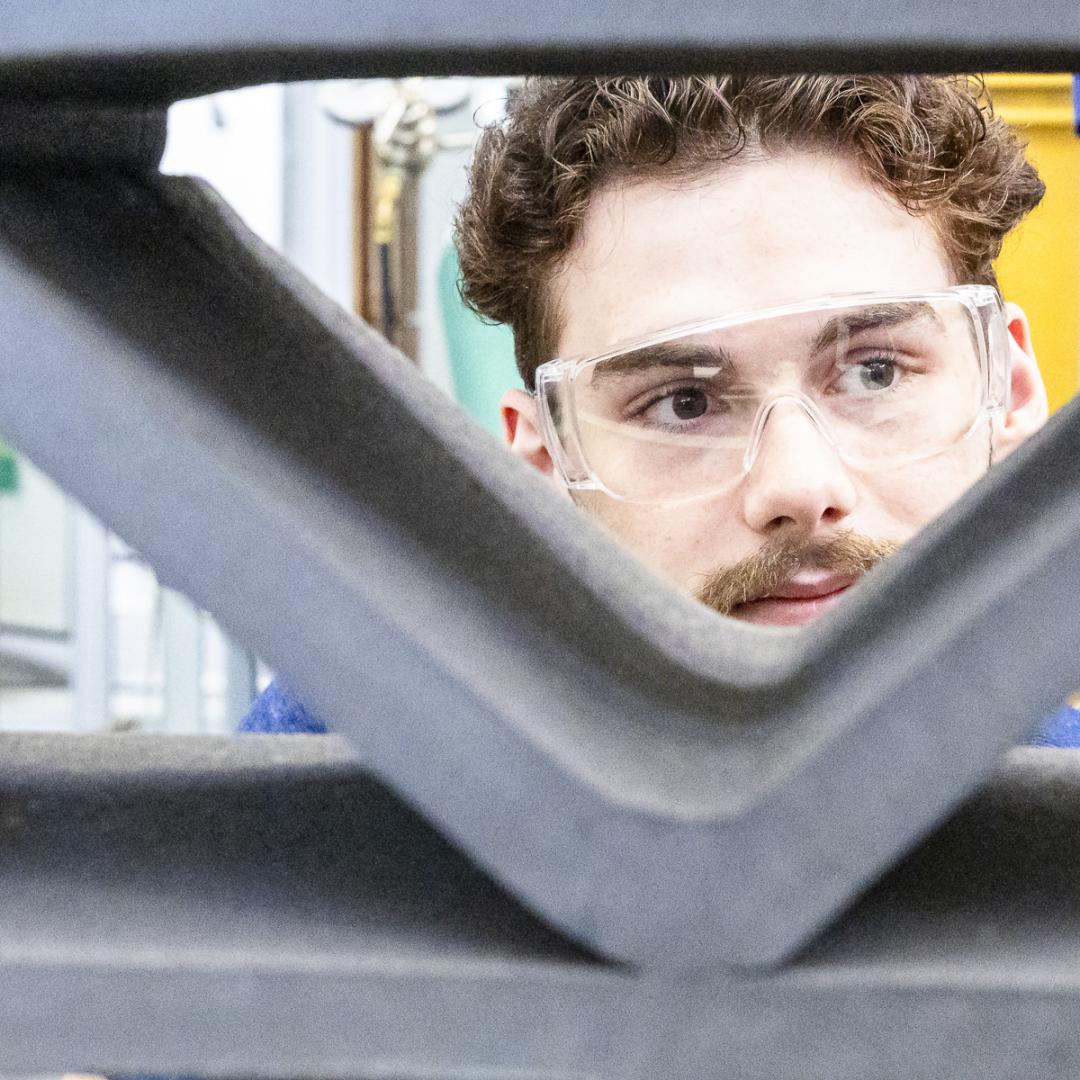Filter News
Area of Research
News Topics
- (-) Biotechnology (4)
- 3-D Printing/Advanced Manufacturing (3)
- Artificial Intelligence (3)
- Big Data (4)
- Bioenergy (20)
- Biology (31)
- Biomedical (6)
- Chemical Sciences (3)
- Clean Water (7)
- Climate Change (16)
- Composites (2)
- Computer Science (9)
- Coronavirus (4)
- Cybersecurity (5)
- Decarbonization (6)
- Energy Storage (2)
- Environment (41)
- Exascale Computing (1)
- Grid (5)
- High-Performance Computing (8)
- Hydropower (5)
- Machine Learning (4)
- Materials (2)
- Materials Science (2)
- Mathematics (2)
- Mercury (4)
- Microscopy (4)
- National Security (10)
- Net Zero (1)
- Nuclear Energy (1)
- Physics (1)
- Polymers (1)
- Quantum Science (1)
- Security (3)
- Simulation (4)
- Summit (2)
- Sustainable Energy (16)
- Transportation (2)
Media Contacts
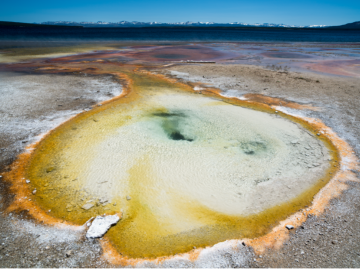
Oak Ridge National Laboratory scientists studied hot springs on different continents and found similarities in how some microbes adapted despite their geographic diversity.
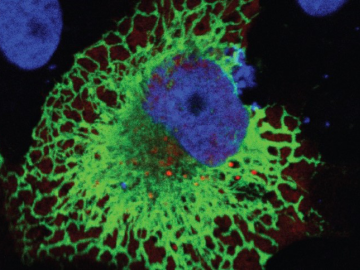
Oak Ridge National Laboratory scientists exploring bioenergy plant genetics have made a surprising discovery: a protein domain that could lead to new COVID-19 treatments.
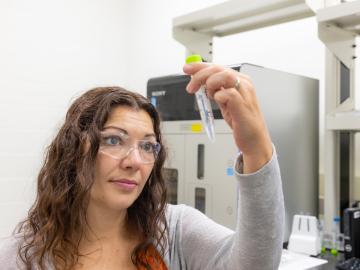
Carrie Eckert applies her skills as a synthetic biologist at ORNL to turn microorganisms into tiny factories that produce a variety of valuable fuels, chemicals and materials for the growing bioeconomy.
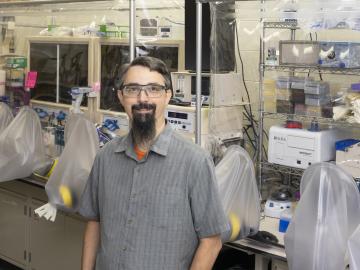
As a metabolic engineer at Oak Ridge National Laboratory, Adam Guss modifies microbes to perform the diverse processes needed to make sustainable biofuels and bioproducts.



